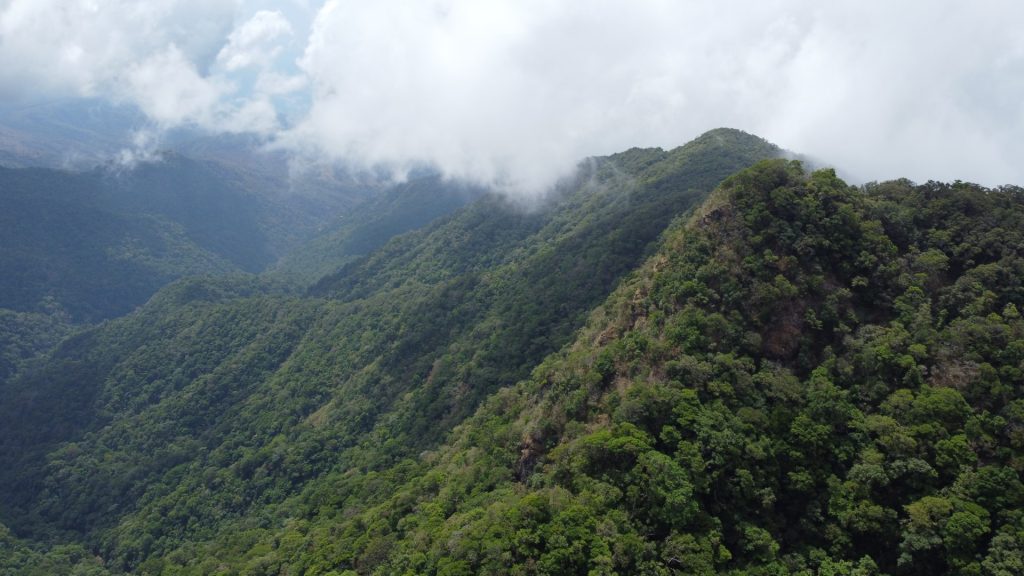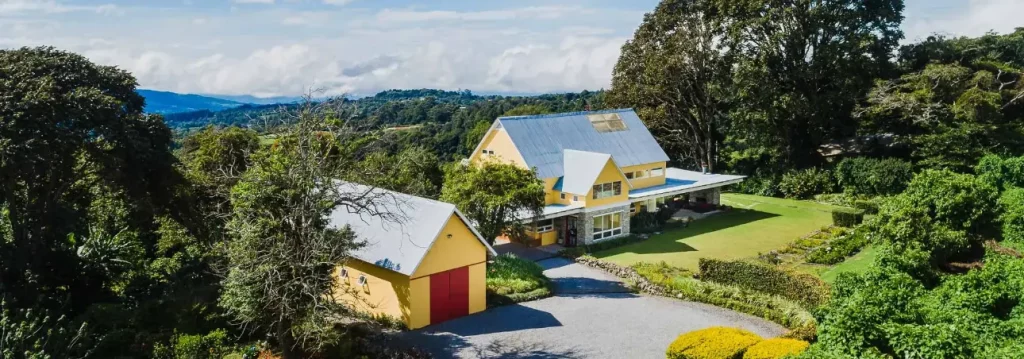
In a meaningful step toward environmental renewal, the Government of Panama has committed to restoring 10,000 hectares of degraded ecosystems in collaboration with the Food and Agriculture Organization of the United Nations (FAO). This initiative forms part of the broader “Pacto de Panamá con la Naturaleza” (Panama Pact with Nature), a national framework that unites climate action, biodiversity protection, and sustainable land management under one cohesive strategy.
The agreement underscores Panama’s growing role as a regional leader in sustainability. According to Juan Carlos Navarro, Panama’s Minister of Environment, this pact serves as the country’s roadmap to face the intertwined challenges of climate change, biodiversity loss, and soil degradation. “With technical partners such as the FAO, Panama can move toward a greener, more resilient, and fair economy for all,” he stated.
Under this alliance, the FAO will support Panama in aligning investments and mobilizing financial resources to achieve the goal of restoring at least 10,000 hectares of land in the coming years. This is part of a larger national target to recover 100,000 hectares by 2035, integrating commitments on climate, biodiversity, land conservation, oceans, and plastic reduction within a single strategy—the first of its kind globally.
Restoration efforts will focus on two key regions that reflect Panama’s ecological diversity and challenges. In the Azuero Peninsula—one of the driest areas in the country—initiatives like Azuero Verde aim to reverse soil degradation and encourage reforestation through partnerships with the Central American Bank for Economic Integration (CABEI) and the Green Climate Fund. You can explore this important region and its communities, including Mariato, Torio, and Morrillo, where sustainable land practices are gaining momentum.
In Darién, a province known for its vast tropical forests and rich biodiversity, projects will promote collaborative conservation, strengthen local communities, and expand ecological corridors. The FAO’s involvement ensures that restoration work not only improves natural habitats but also enhances food security and local livelihoods.
Despite ongoing challenges—such as Panama’s recent loss of 4% of its forest cover in just two years—the country’s proactive environmental commitments send a positive signal. The focus on partnership, innovation, and accountability marks a constructive shift toward a long-term ecological balance.
While Panama’s environmental policies are still evolving, this collaboration with the FAO demonstrates a sincere national intent to restore and protect its natural wealth for future generations. It’s a hopeful reminder that even in a rapidly developing world, sustainable growth remains achievable with collective effort and global cooperation.
Written on October 26, 2025



